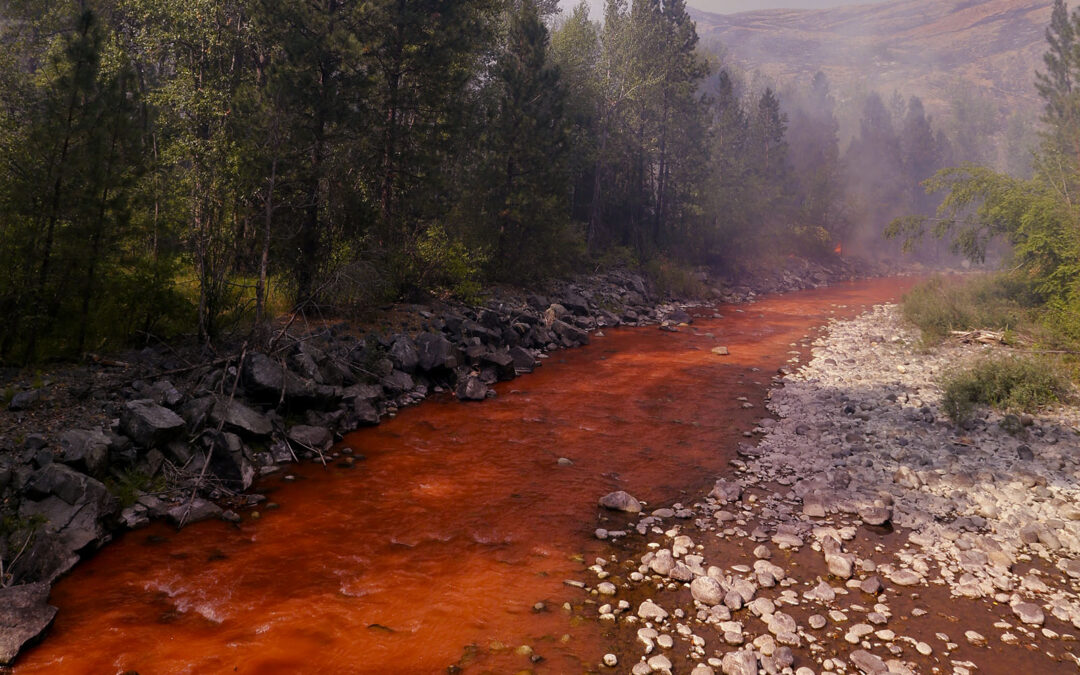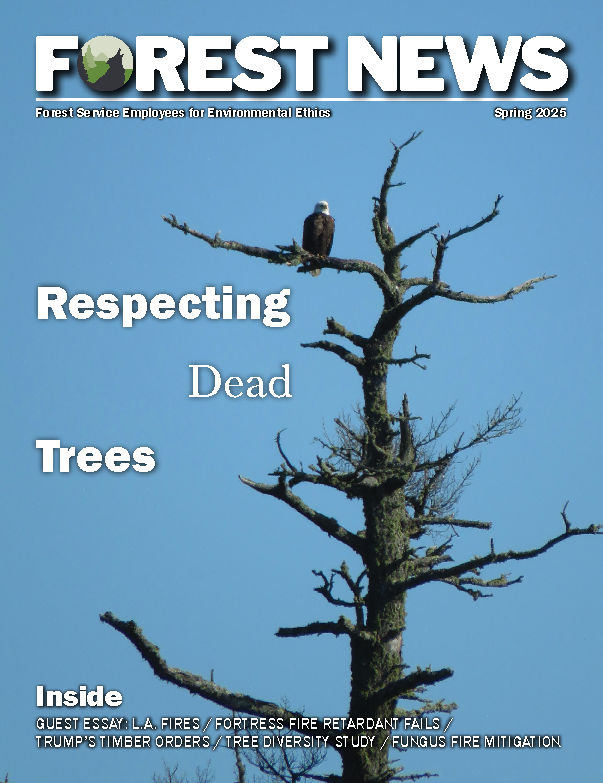For the sailor, a “safe harbor” provides refuge from the storm. In the law, a “safe harbor” gives legal immunity from a broad prohibition to accommodate certain narrow, desirable conduct. For example, when a landowner voluntarily agrees to protect habitat for an endangered species, the U.S. Fish and Wildlife Service can offer the landowner “safe harbor” from future, more burdensome regulations. This incentive expands the scope of species protection to private land that does not otherwise receive the higher level of species protection afforded federal land.
House Republican leadership has added a section (No. 10213) to the Farm Bill (H.R. 8467) that would give polluters “safe harbor” from violating the Clean Water Act when they dump toxic aerial fire retardant into rivers, streams, lakes, and municipal water supplies. Setting aside the irony that this provision would make our harbors (and rivers and lakes) less safe from toxic pollution, this is legislative malpractice of the worst kind.
The House Agriculture Committee explains that Section 10213 “would provide covered entities — like the Forest Service and Interior Department — with judicial relief to continue using covered fire retardant and water enhancers for wildfire suppression, control, or prevention activities while they work toward obtaining a Clean Water Act permit.” Judicial relief from what? There is no court order that bars retardant dumps into water. Although a federal judge has ruled such dumps are illegal, he has allowed the Forest Service to continue using the stuff while the EPA writes the upcoming Clean Water Act permit’s rules, which will ensure that retardant pollution does not violate existing water quality standards.
If fire retardant actually made a difference in wildfire outcomes, polluting our drinking water to stop a forest fire might make some kind of perverted sense; no matter that combustion comes naturally to forests. The truth is that there is no evidence that retardant makes any difference in fighting fires. Not to homes, not to communities, not to fire size, nor to the success of initial attack. Ask Paradise, California, if retardant, which was deployed profligately, saved that community from the 2018 Camp Fire — the deadliest and most destructive in the state’s history. If 85 deaths and 19,000 buildings destroyed is an argument for retardant use (as the City of Paradise asserted when it intervened in our latest retardant lawsuit), well … I’m at a loss for words.
We don’t need a “safe harbor” for water polluters; we need to keep our water safe from polluters.
Now is a fine time to let your state’s two U.S. senators know that the Clean Water Act should not be diluted. Don’t let wildfire hysteria and the Forest Service’s public relations gimmick (that red stuff falling out of airplanes looks rad on Fox News) poison your water. If you live in California, where half the nation’s toxic retardant is dumped, make a special effort to call Senator Padilla (202-224-3553), who sits on relevant committees. He needs to know that the aerial fire retardant emperor has no clothes.
You can reach each of your U.S. senators by calling the Capitol Switchboard at (202) 224-3121.


